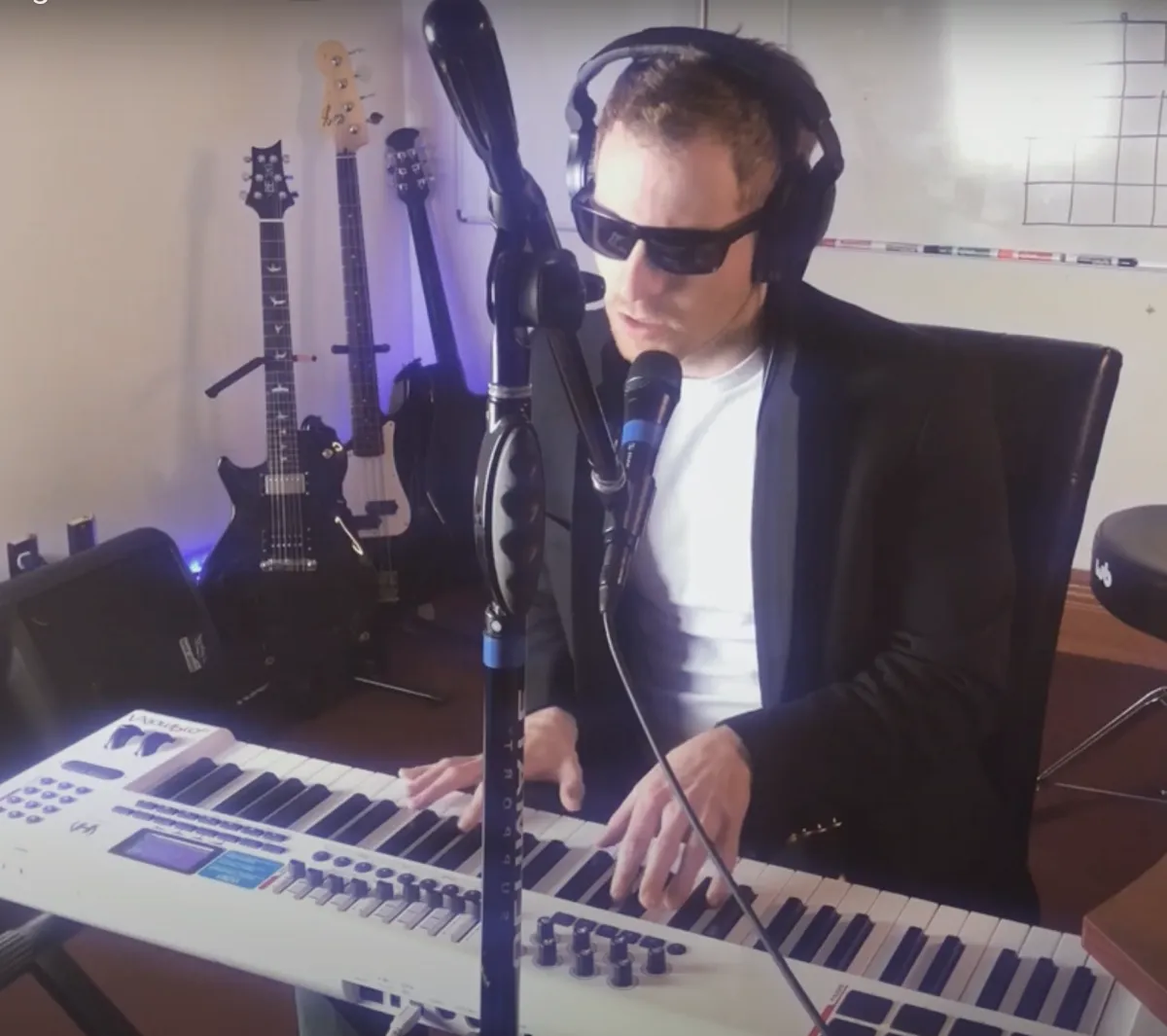Learn How To Play Piano In a Way That Simple and Fun Even If You're a Brand New Beginner with Piano Lessons in Lincoln
and Discover the Joy of Playing Piano With Lessons That Are Easy to Follow

Limited Time
Availability

Ty Keller
Virtuoso Guitarist, Pianist, and Musician
Have you dreamed of learning piano and want to pick it up quickly?
Are you struggling to get started as a beginner piano player?
Would you like a way to express yourself and unwind through piano?
Are stuck and frustrated trying to teach yourself piano?
Do you want to learn how to play piano from a seasoned pro?
Have you been looking for the best piano lessons in Lincoln?
If your answer was 'yes' and you've been considering taking piano lessons, I assure you that you can learn to play piano too and become the pianist you've always wanted to be.
Take The Leap And Learn to Express Yourself

When I first starting learning the piano, I was filled with excitement! I knew that soon I’d be able to play all my favorite songs. I was captivated, but also a bit nervous. If you're anything like me, you probably feel the same way. But learning to play piano is enjoyable and can be just as easy with the right teacher.
Learning piano will unlock your creativity, boost your confidence, and allow for true self-expression. Becoming a skilled pianist filled a gap within me that I didn't even know existed. I'm certain you too can become an amazing pianist. You'll learn to play piano in a fun and engaging way that will always leave you wanting more.
7 Reasons Why Picking Up Piano Is Worth It
There are countless benefits in learning how to play the piano. From boosting your memory capacity to enhancing your concentration, playing the piano also teaches discipline and improves your social skills. Not to mention, playing the piano is one of the most rewarding hobbies you can pursue. Why?
1. Boosts Memory - Did you know piano lessons come with many cognitive benefits? Studies have shown that playing the piano enhances memory retention. The parts of your brain involved in memory, hearing, and hand coordination become more active while you play, leading to brain growth and positive structural changes. In short, your memory will improve, making it easier to recall information.
2. Enhances Focus - Learning to play the piano requires simultaneous attention to timing, pitch, rhythm, and fingering. This multitasking sharpens your concentration, effectively training your brain to focus better, much like solving numerous math problems daily, but with much more enjoyment.
3. Sparks Creativity - Playing the piano inspires creativity through improvisation and composition. Crafting your own melodies is incredibly rewarding. I always encourage my students to experiment with improvisation, and they are often amazed by their creations. Discovering the joy of creating music will keep you exploring new possibilities.
4. Improves Social Skills - Learning piano enhances your listening skills, enabling you to better understand others' emotions through their tone of voice. This heightened awareness contributes to better social interactions. Additionally, collaborating with other musicians teaches the value of teamwork and cooperation.
5. Reduces Stress - Playing the piano is a fantastic way to de-stress. As you progress, you'll find that expressing your emotions through music is incredibly therapeutic. Just a few minutes of playing each day can significantly improve your mental well-being.
6. Builds Confidence and Self-Esteem - Piano practice involves setting and achieving small goals, each providing a sense of accomplishment. These successes boost your self-esteem and personal satisfaction, which will positively impact other areas of your life, making you more confident in your abilities.
7. It's Enjoyable! - Ask any pianist what they love about playing the piano, and they'll likely say: it's fun! It feels great, relieves stress, boosts self-esteem, enhances social skills, and provides opportunities to meet new people and collaborate on projects. Plus, you get to develop your unique musical style and expression.
The 5 Most Common Mistakes Piano Players Make
1. You Don't Set Clear Goals - Many people enjoy playing piano for fun or as a hobby, but without clear goals, you might feel aimless. Do you aspire to be a concert pianist, join an ensemble, or use piano as a creative outlet? Maybe you want to compose your own music. Define your goals to achieve more and stay motivated.
2. You Have The Wrong Teacher - With countless piano teachers available, finding the right one can be tough. A great teacher should guide you through the learning process, correct your mistakes, and inspire creativity. If you're taking piano lessons in Lincoln, ensure your teacher is dedicated to helping you achieve your goals and knows the best methods to get you there.
3. Your Technique is Flawed - Success in piano playing starts with proper technique. It's common to want to progress quickly, but mastering the basics and developing correct techniques from the beginning is crucial. Skipping this step can hinder your progress.
4. You Practice Ineffectively - There's so much to learn with piano, but focusing on the right elements is key. Prioritize developing proper technique and learning fundamental pieces first. Concentrating on these core areas will help you progress efficiently.
5.You Ignore Ear Training - Developing a good ear is essential for pianists. It aids in improvisation, composition, and recognizing mistakes. Incorporating ear training early in your practice can save you from hours of frustration and significantly enhance your musical skills.
I could have saved myself countless hours of frustration if I had begun practicing ear training techniques from the start.
Perfect Your Piano Skills the Right Way
I know how challenging learning piano can appear. When I began, it felt like learning a completely new language. However, with the right teacher, effective strategies, and a genuine desire to learn piano, you will accomplish everything you aim for and beyond.
Get the Results You Want Without Wasting Time, Money, or Energy
Lesson plans customized to fit your unique needs and goals. Unlike many teachers, I don’t follow a one-size-fits-all approach. Each student is different, and I will help you become an exceptional pianist.
Fully dedicated to your success, I’ll support you every step of the way.
You’ll learn to play the piano with less frustration and more enjoyment and excitement.
Quickly master everything you need to know to play the piano! Save money while becoming an incredible pianist!
Collaborate with other musicians, build connections, share experiences, and work on projects together. You’ll understand the value of teamwork and unleash your creativity.
Learn cutting-edge methods and strategies for playing the piano. You’ll have fun and learn simultaneously.

